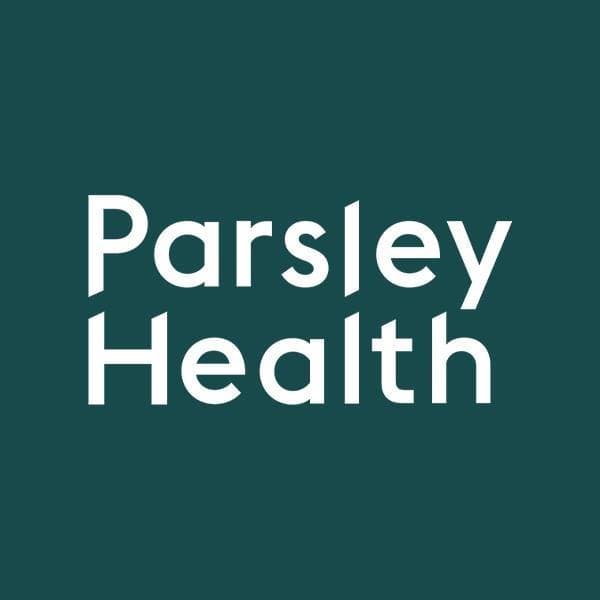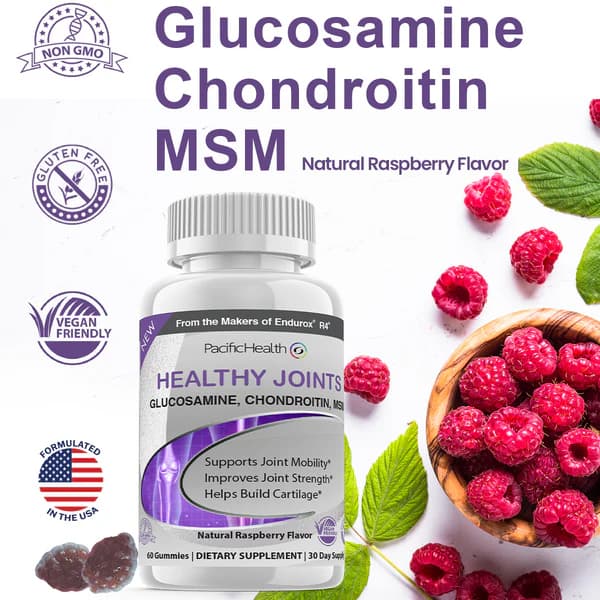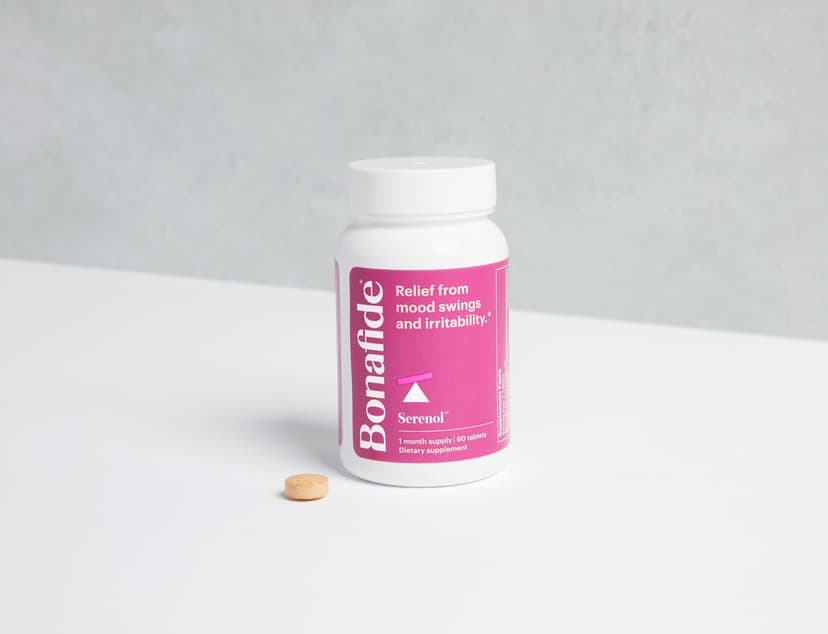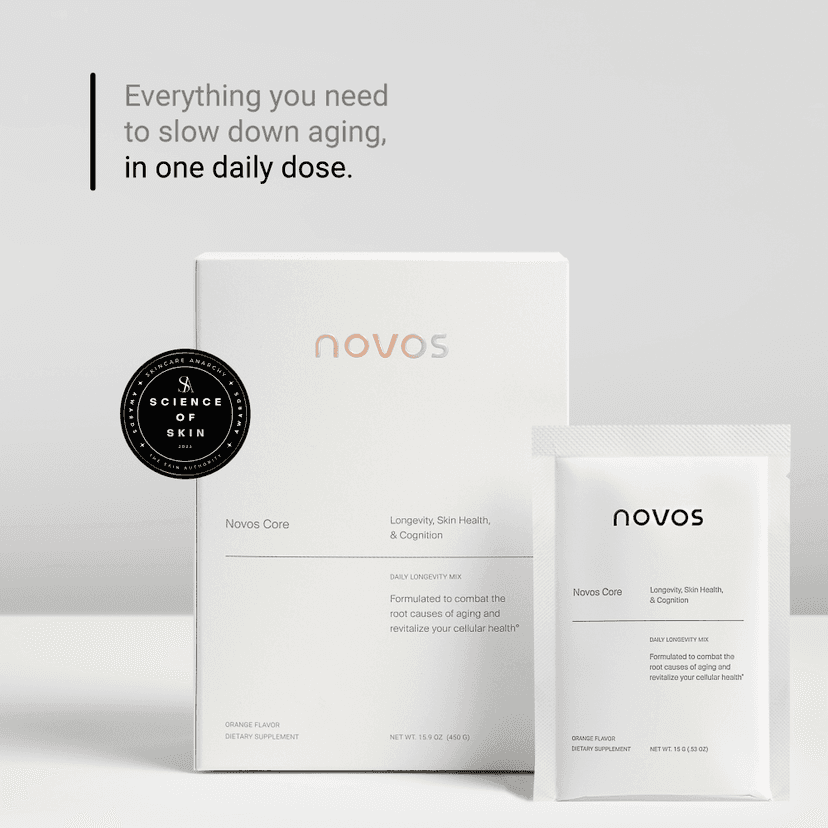High blood pressure, or hypertension, is a common health issue that affects many people. It can lead to serious problems like heart disease and strokes if not managed properly. Fortunately, there are natural ways to help balance blood pressure through diet, exercise, and lifestyle changes. This article explores various methods to maintain healthy blood pressure levels naturally, making it easier for everyone to take charge of their health.
Key Takeaways
- High blood pressure can cause serious health issues, including heart disease and strokes.
- Eating less salt and more potassium-rich foods can help lower blood pressure naturally.
- Regular exercise is crucial for managing blood pressure and improving overall heart health.
- Managing stress through techniques like mindfulness can positively impact blood pressure levels.
- Certain supplements, such as magnesium and vitamin D, may assist in lowering blood pressure.
Understanding Blood Pressure and Its Impact on Health
What is Blood Pressure?
Blood pressure is the force of blood pushing against the walls of your arteries. It is measured in millimeters of mercury (mm Hg) and is given as two numbers: systolic (the pressure when your heart beats) over diastolic (the pressure when your heart rests between beats). Normal blood pressure is usually around 120/80 mm Hg.
Health Risks of High Blood Pressure
High blood pressure, or hypertension, can lead to serious health issues, including:
- Heart disease
- Stroke
- Kidney damage
- Vision loss
- Memory problems
If left untreated, high blood pressure can stretch and damage your arteries, leading to these complications.
How Blood Pressure is Measured
Blood pressure is typically measured using a device called a sphygmomanometer. Here’s how it works:
- A cuff is placed around your arm and inflated to stop blood flow.
- The cuff is slowly deflated while a healthcare provider listens with a stethoscope.
- The first sound heard indicates the systolic pressure, and when the sound disappears, it indicates the diastolic pressure.
| Measurement Type | Description | Normal Range |
|---|---|---|
| Systolic | Pressure during heartbeats | < 120 mm Hg |
| Diastolic | Pressure between beats | < 80 mm Hg |
Understanding your blood pressure is crucial for maintaining good health. Regular checkups can help catch any issues early.
Dietary Changes to Balance Blood Pressure Naturally
Reducing Sodium Intake
Reducing sodium is crucial for managing blood pressure. Aim for less than 1,500 mg of sodium per day. Here are some tips to cut down on sodium:
- Choose fresh or frozen vegetables instead of canned ones.
- Use herbs and spices for flavor instead of salt.
- Read food labels to check sodium content.
Incorporating Potassium-Rich Foods
Potassium helps balance sodium levels in the body. Foods high in potassium include:
- Bananas
- Sweet potatoes
- Spinach
- Beans
- Avocados
Eating these foods can help lower blood pressure naturally.
Benefits of Probiotics
Probiotics are good bacteria that can improve gut health and may help lower blood pressure. Foods rich in probiotics include:
- Yogurt
- Kefir
- Sauerkraut
- Kimchi
- Miso
Including these in your diet can support heart health and overall well-being.
Eating a balanced diet with the right nutrients can significantly impact your blood pressure and overall health.
The Role of Physical Activity in Managing Blood Pressure
Types of Beneficial Exercises
Regular physical activity is essential for maintaining healthy blood pressure levels. Here are some types of exercises that can help:
- Aerobic exercises: Walking, jogging, cycling, and swimming are great options.
- Strength training: Lifting weights or using resistance bands at least twice a week can be beneficial.
- High-intensity interval training (HIIT): This involves short bursts of intense activity followed by rest or lighter activity.
How Exercise Lowers Blood Pressure
Engaging in regular exercise can significantly lower blood pressure. Here’s how:
- Strengthens the heart: A stronger heart pumps blood more efficiently, reducing pressure in the arteries.
- Improves blood flow: Exercise helps blood vessels stay flexible, which aids in better circulation.
- Reduces stress: Physical activity can lower stress levels, which is linked to high blood pressure.
Creating a Sustainable Exercise Routine
To maintain a healthy blood pressure, it’s important to stick to an exercise routine. Here are some tips:
- Set realistic goals: Aim for at least 150 minutes of moderate exercise each week.
- Choose activities you enjoy: This will make it easier to stay committed.
- Mix it up: Include different types of exercises to keep things interesting.
Regular physical activity not only helps manage blood pressure but also improves overall health and well-being.
Stress Management Techniques for Blood Pressure Control
Impact of Stress on Blood Pressure
Stress can significantly affect blood pressure levels. Long-term stress may contribute to high blood pressure, making it essential to find effective ways to manage it.
Effective Stress Reduction Strategies
Here are some strategies to help manage stress:
- Identify Stressors: Recognize what causes your stress, whether it's work, family, or finances.
- Plan Your Day: Focus on important tasks and learn to say no to avoid overwhelming yourself.
- Limit Stress Triggers: Avoid situations that cause stress, like heavy traffic or negative people.
The Benefits of Mindfulness and Meditation
Practicing mindfulness and meditation can help lower blood pressure by promoting relaxation. Here are some techniques:
- Deep Breathing: Take a few minutes each day to breathe deeply and relax.
- Guided Meditation: Use apps or videos to help you meditate effectively.
- Gratitude Practice: Spend time each day reflecting on what you are thankful for, which can shift your focus away from stress.
Managing stress is crucial for maintaining healthy blood pressure levels. By incorporating these techniques into your daily routine, you can improve your overall well-being.
Supplements That May Help Lower Blood Pressure
Magnesium and Its Benefits
Magnesium is an important mineral that helps keep blood pressure in check. Studies show that magnesium can help lower blood pressure by relaxing blood vessels. A review found that taking 365–450 mg of magnesium daily for about 3.6 months significantly reduced blood pressure in people with health issues.
The Role of Vitamin D
Vitamin D is linked to blood pressure control. Research indicates that people with high blood pressure often have lower levels of vitamin D. A study showed that those with higher vitamin D levels had a 30% lower risk of high blood pressure. It’s a good idea for those with high blood pressure to check their vitamin D levels.
Probiotics and Blood Pressure
Probiotics are good bacteria that can help with various health issues, including blood pressure. In studies, taking probiotics has been shown to lower blood pressure levels. The best results come from using multiple strains of probiotics for at least 8 weeks, with a daily dose of over 10 billion colony-forming units (CFUs).
Important Note: Always consult your healthcare provider before starting any new supplement. They can help you find the right dosage and ensure it’s safe for you.
Lifestyle Habits to Maintain Healthy Blood Pressure
Importance of Regular Checkups
Regular checkups with your healthcare provider are essential for keeping your blood pressure in check. These visits help you monitor your health and catch any issues early. Here are some key points to remember:
- Schedule appointments at least once a year.
- Discuss any changes in your health or lifestyle.
- Follow your doctor's advice on managing your blood pressure.
Tracking Blood Pressure at Home
Monitoring your blood pressure at home can help you understand how your lifestyle changes are working. Here’s how to do it:
- Use a reliable home blood pressure monitor.
- Take readings at the same time each day.
- Keep a log of your readings to share with your doctor.
Healthy Sleep Patterns
Getting enough sleep is crucial for maintaining healthy blood pressure. Here are some tips for better sleep:
- Stick to a consistent sleep schedule by going to bed and waking up at the same time every day.
- Create a calm sleeping environment that is dark, cool, and quiet.
- Avoid large meals, caffeine, and alcohol close to bedtime.
Good sleep is not just about quantity; it's also about quality. Aim for 7 to 9 hours of restful sleep each night to support your overall health.
The Connection Between Weight Management and Blood Pressure
How Weight Affects Blood Pressure
Being overweight can lead to higher blood pressure. Losing weight can help lower blood pressure significantly. When you carry extra weight, your heart has to work harder to pump blood, which can increase pressure in your arteries.
Tips for Healthy Weight Loss
- Eat a balanced diet: Focus on fruits, vegetables, whole grains, and lean proteins.
- Stay active: Aim for at least 150 minutes of moderate exercise each week.
- Set realistic goals: Aim to lose 1-2 pounds per week for sustainable weight loss.
Long-Term Weight Management Strategies
- Regular check-ins: Weigh yourself weekly to track progress.
- Stay hydrated: Drink plenty of water to help control hunger.
- Get support: Join a group or find a buddy to help keep you motivated.
Maintaining a healthy weight is not just about looking good; it’s essential for keeping your blood pressure in check and improving overall health.
Conclusion
In conclusion, managing blood pressure naturally is crucial for maintaining overall health. By making simple lifestyle changes, such as eating a balanced diet low in salt and high in potassium, staying active, and managing stress, individuals can significantly lower their blood pressure. Incorporating probiotics and certain supplements may also provide additional benefits. Remember, while these natural methods can be effective, it's important to consult with a healthcare professional for personalized advice. Taking charge of your health can lead to a happier, healthier life.
Frequently Asked Questions
What is blood pressure and why is it important?
Blood pressure is the force of blood pushing against the walls of your arteries. It's important because high blood pressure can lead to serious health issues like heart disease and stroke.
How can I lower my blood pressure naturally?
You can lower your blood pressure naturally by eating a healthy diet, exercising regularly, reducing salt intake, and managing stress.
What foods should I eat to help lower blood pressure?
Foods rich in potassium, magnesium, and fiber, like fruits, vegetables, whole grains, and low-fat dairy, can help lower blood pressure.
Is exercise really effective for managing blood pressure?
Yes! Regular exercise strengthens your heart and helps lower blood pressure. Aim for at least 150 minutes of moderate exercise each week.
What role does stress play in blood pressure?
Stress can raise your blood pressure. Finding ways to relax, like yoga or meditation, can help keep your blood pressure in check.
How often should I check my blood pressure?
It's a good idea to check your blood pressure regularly, especially if you have a family history of high blood pressure or other risk factors.



















